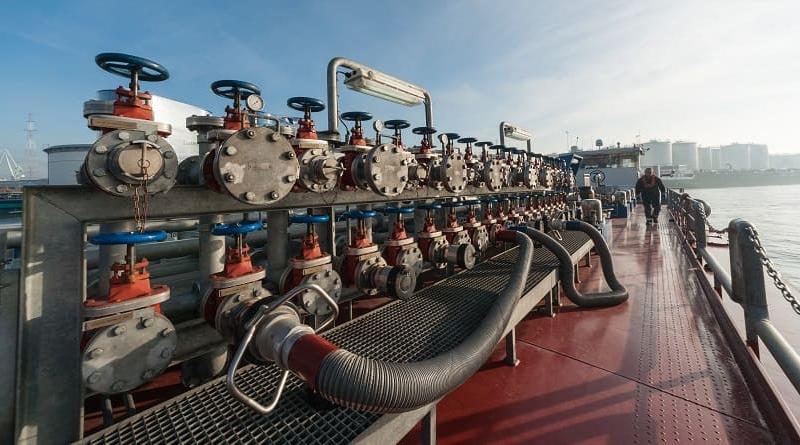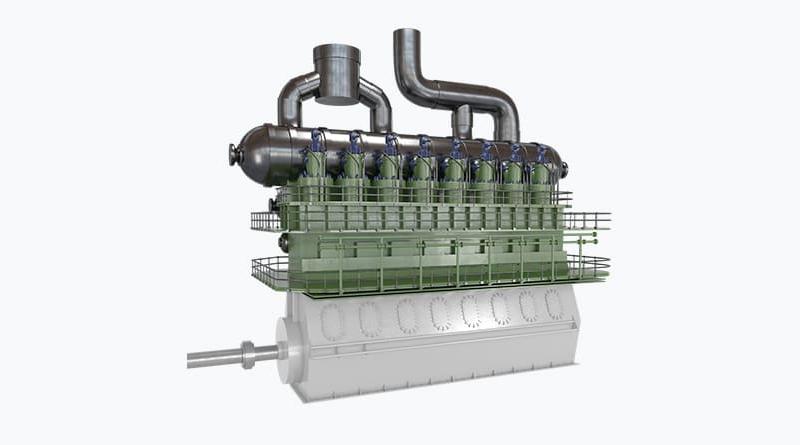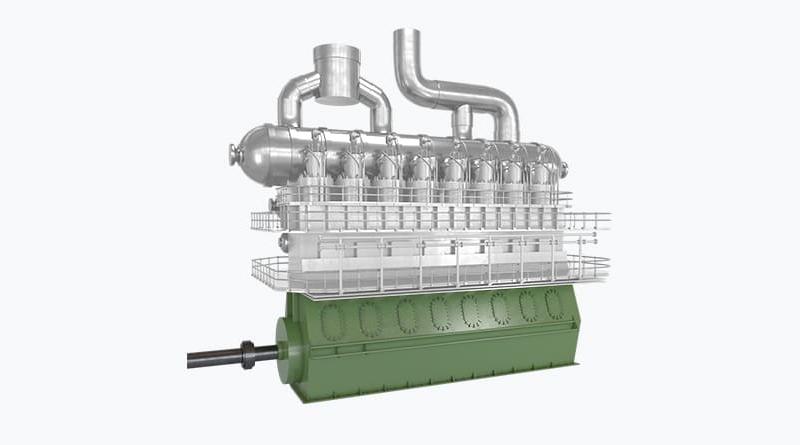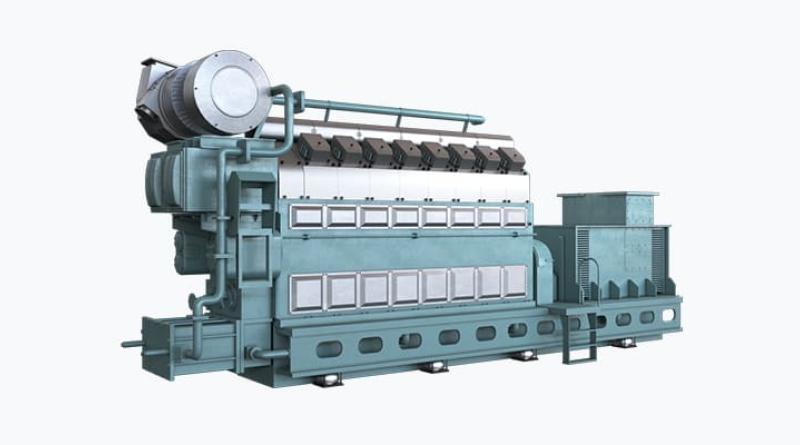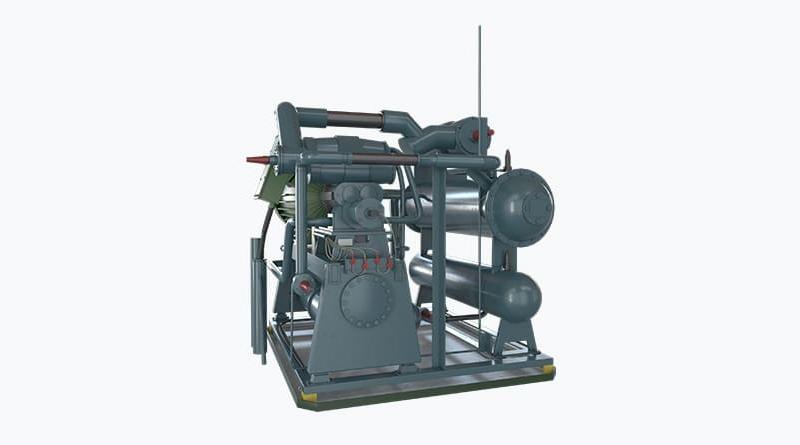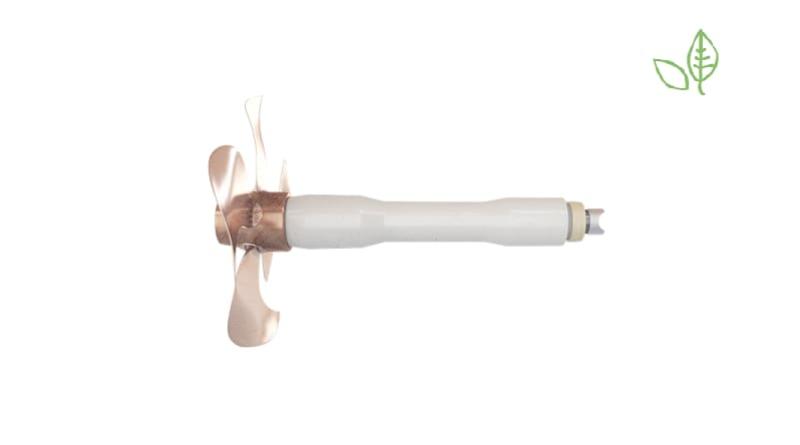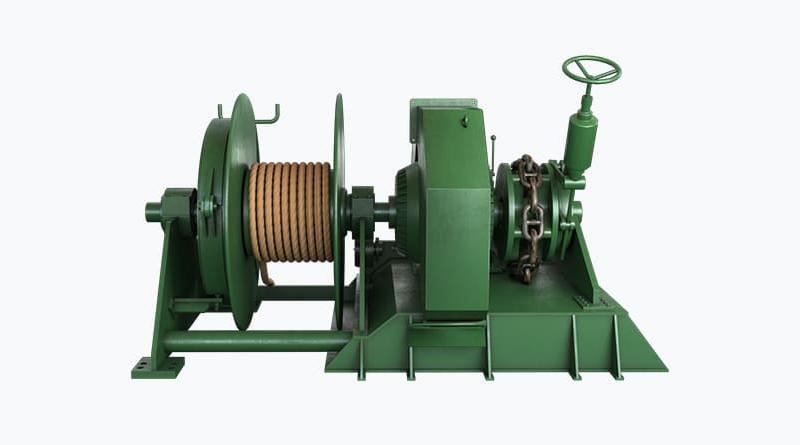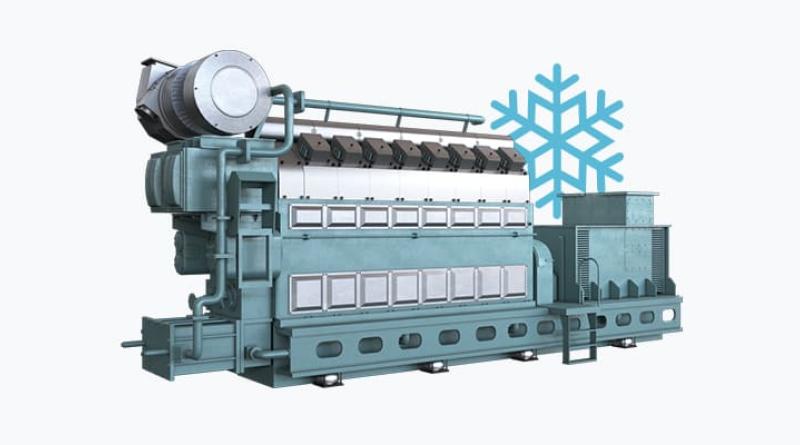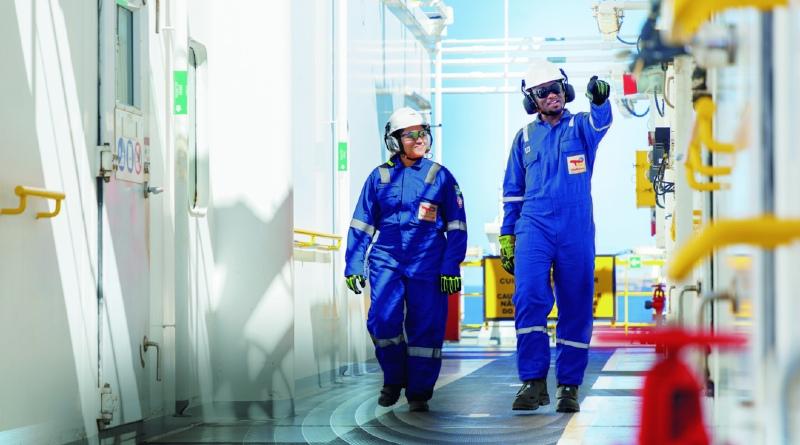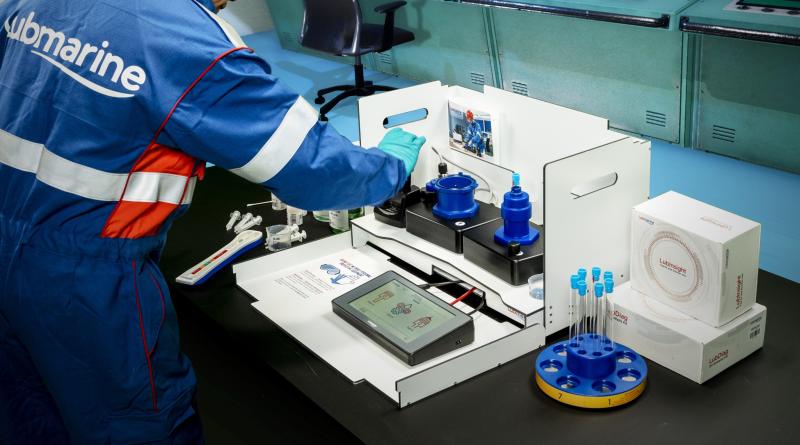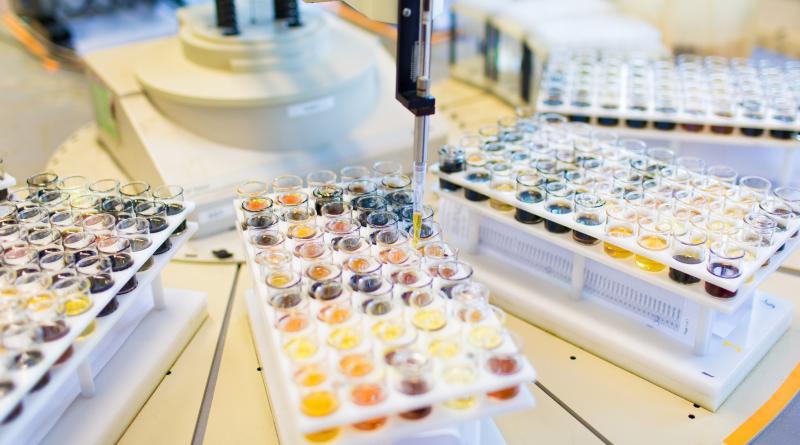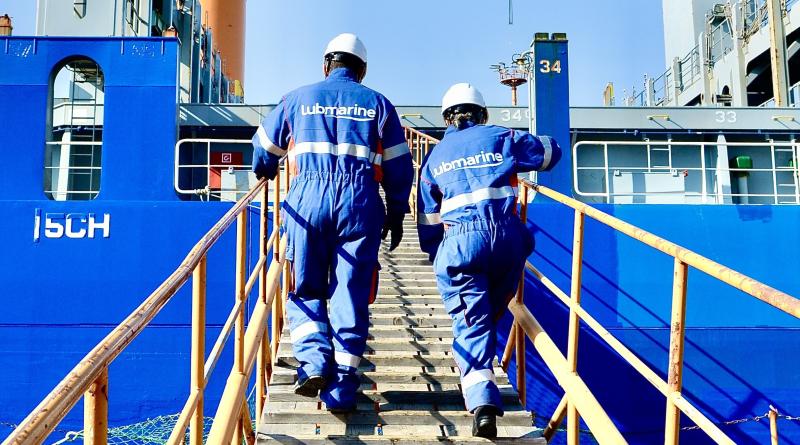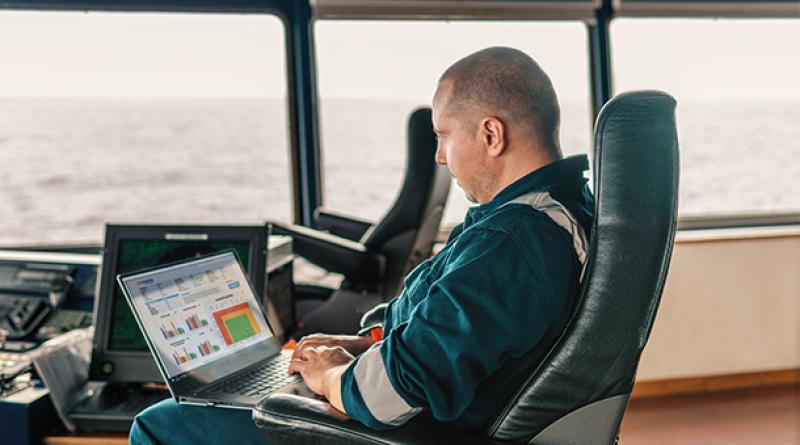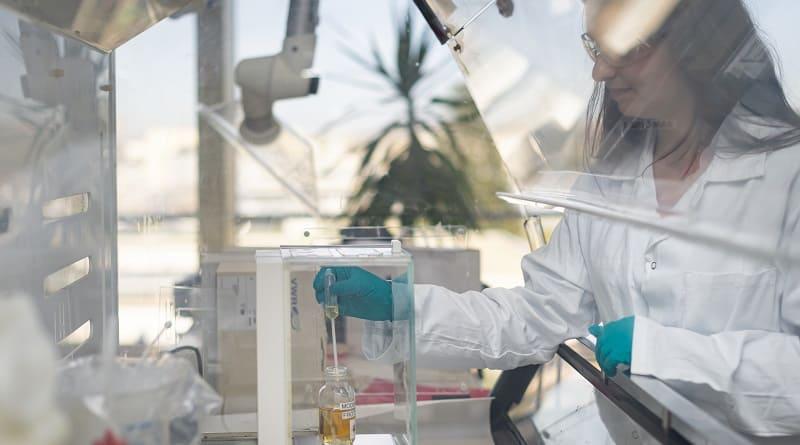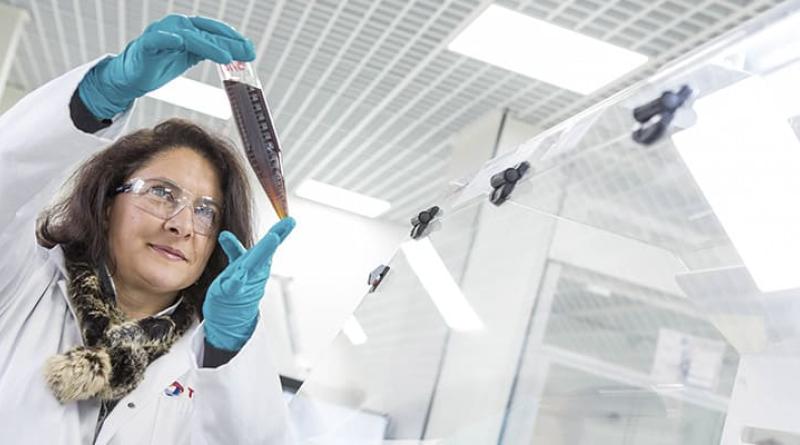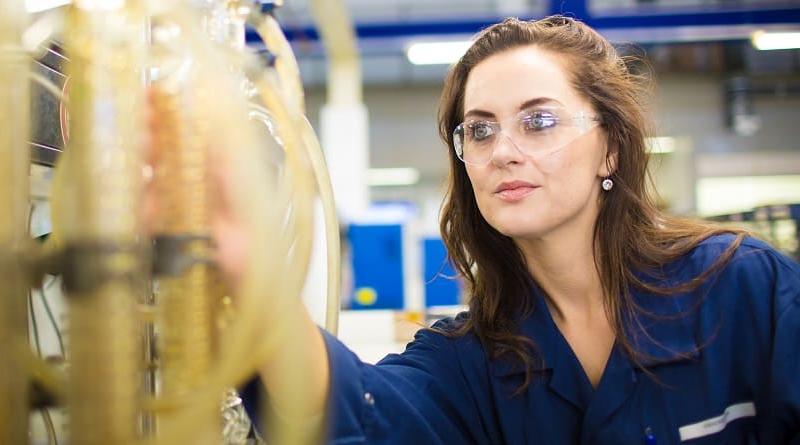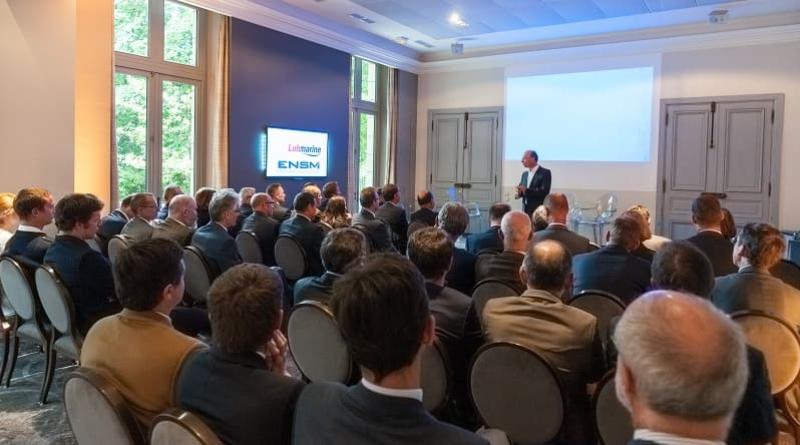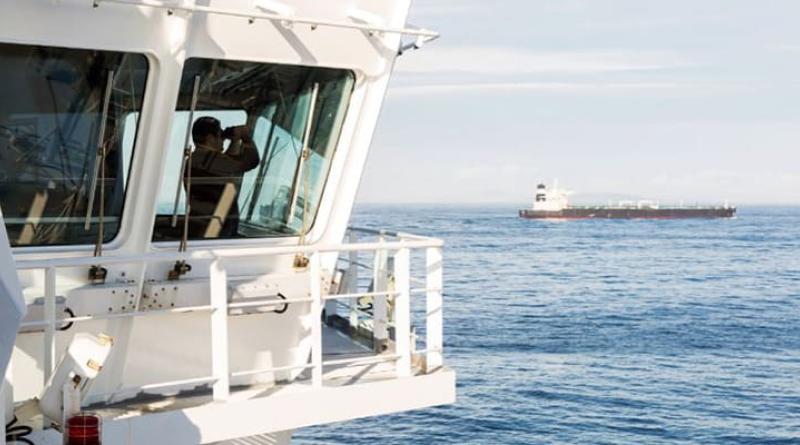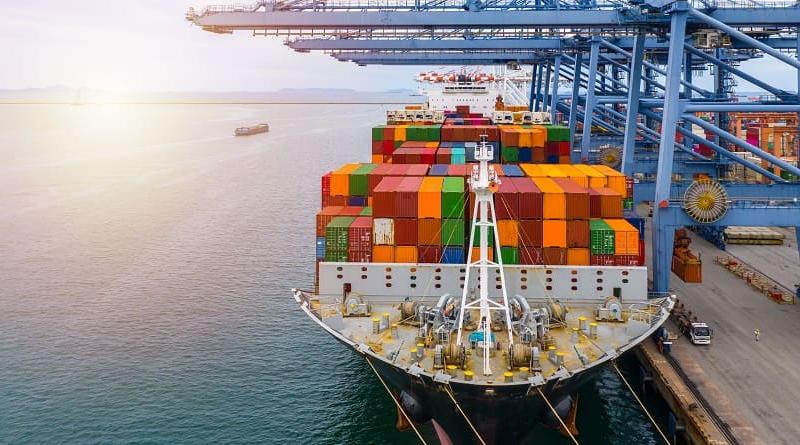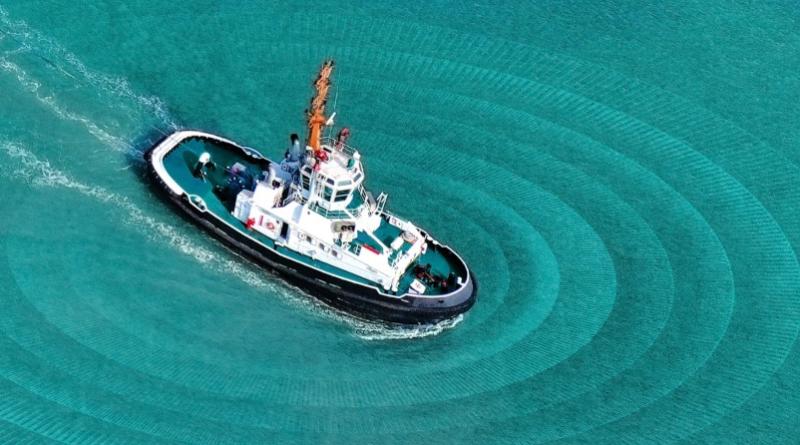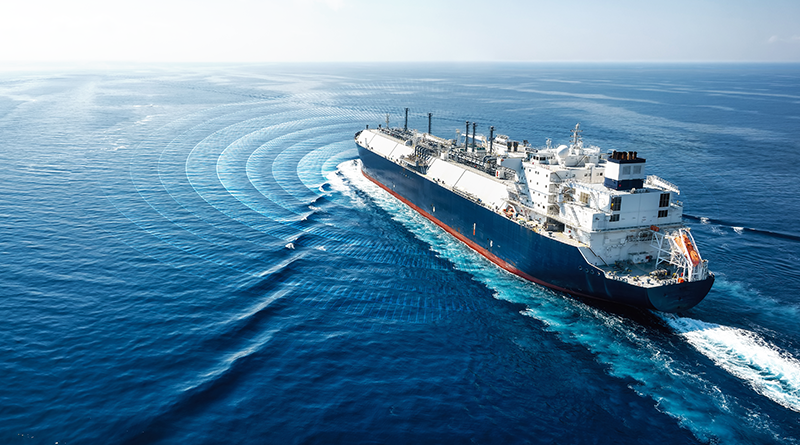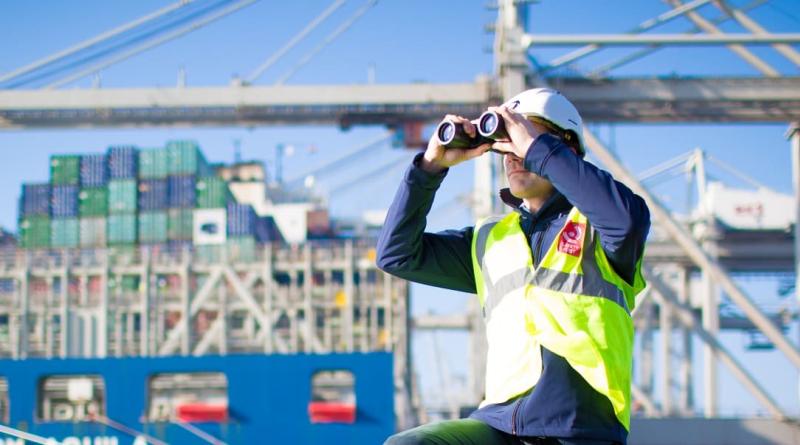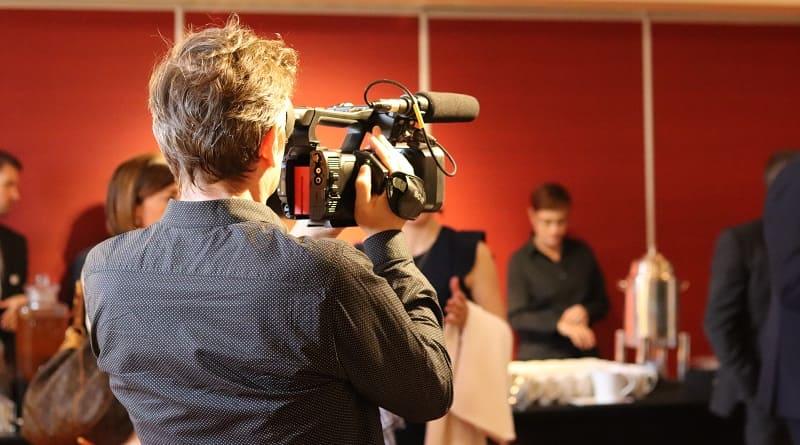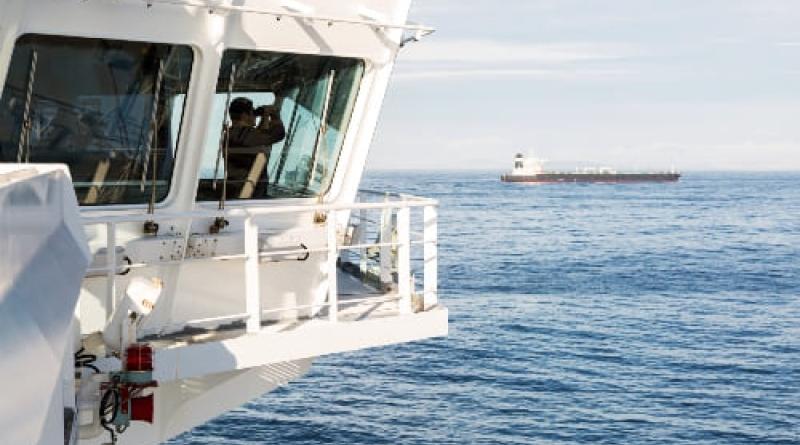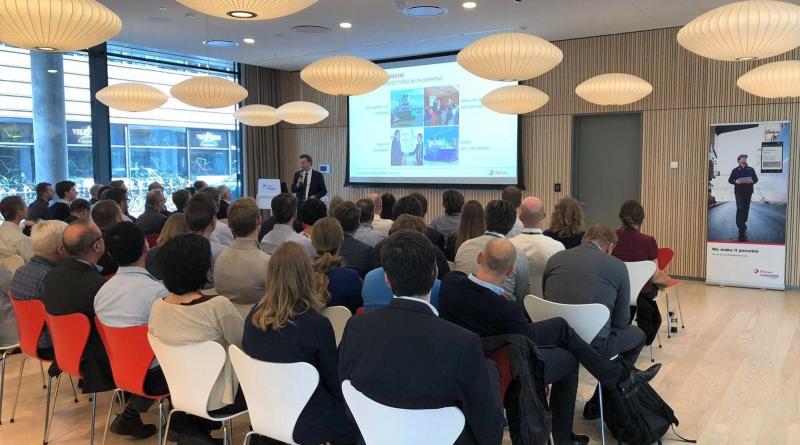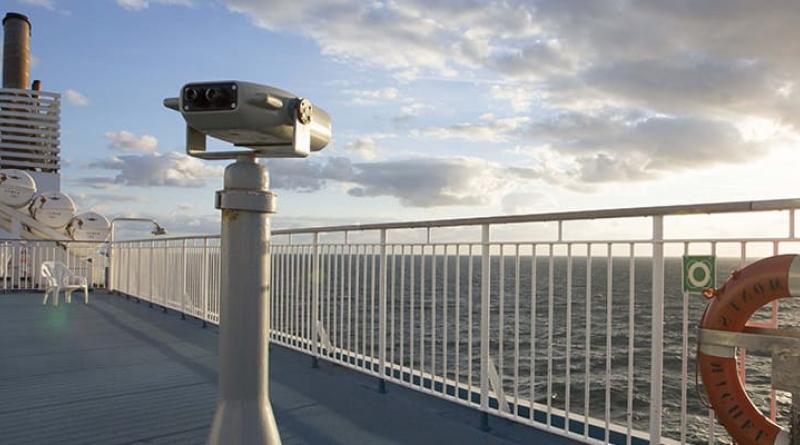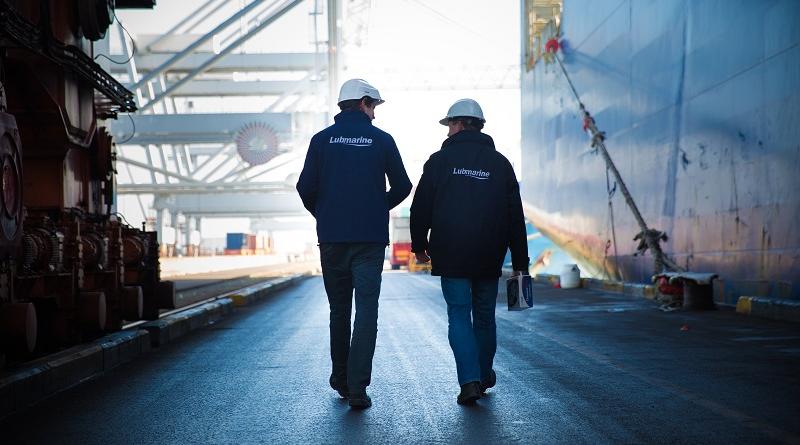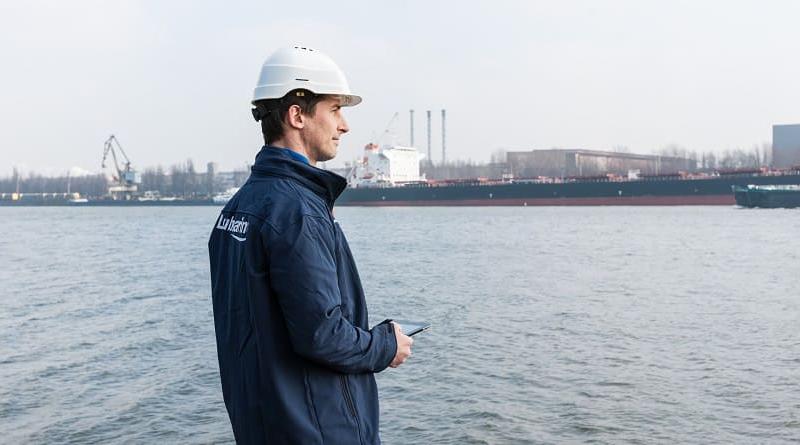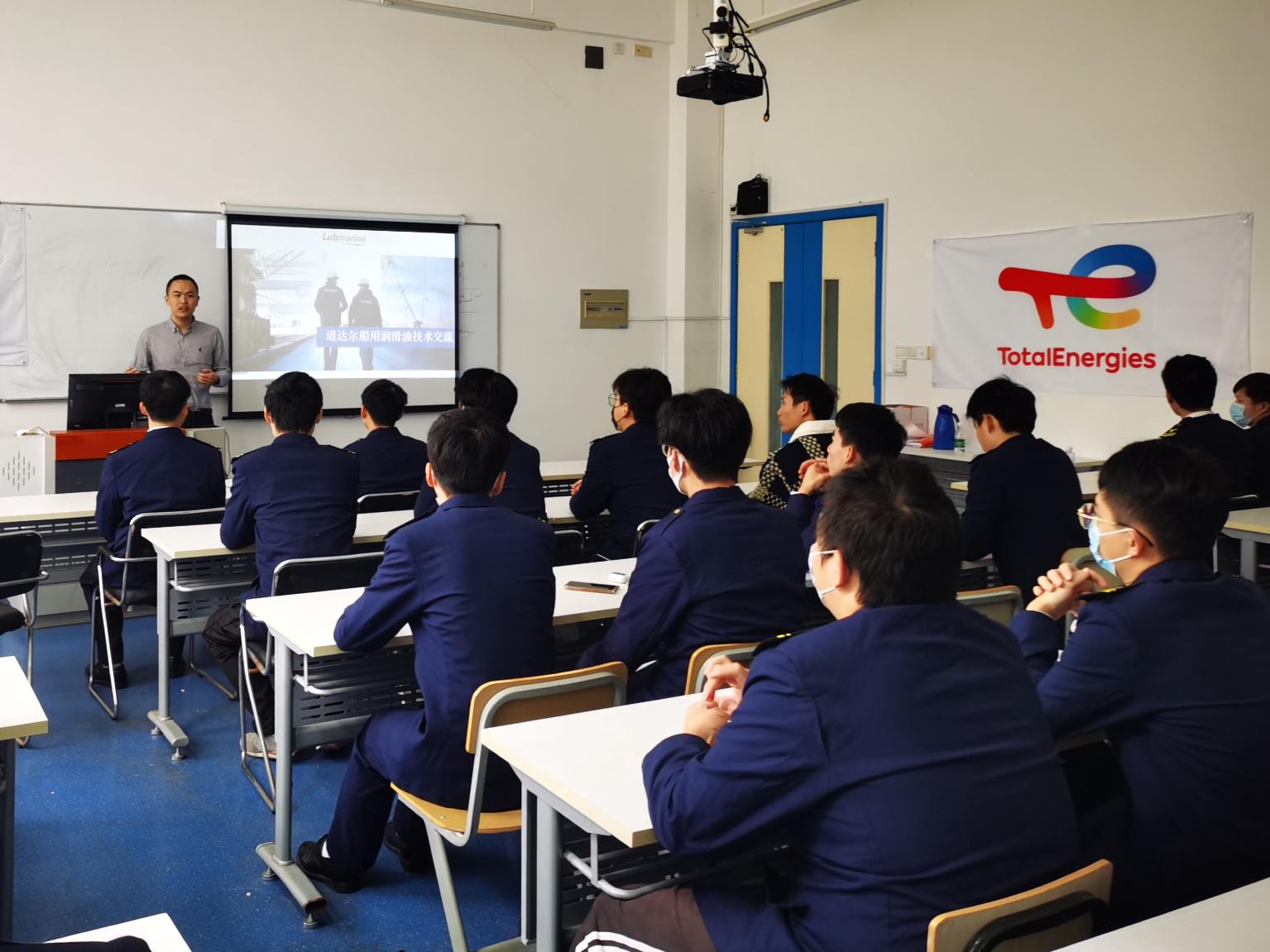
Since 2004, Lubmarine has partnered with leading maritime academies around the world through its Maritime Academic Support Programme (MASP) providing direct support for the seafarers and officers of tomorrow.
Our experts regularly visit partner institutions and deliver seminars and training on the latest marine lubrication issues, trends in two and four-stroke engines, the outlook for the shipping markets and the implications of the latest environmental regulations.
Here Serge Dal Farra, Global Marketing Director at Lubmarine talks about MASP in greater detail.
What is the Background of the MASP?
Within the team here at Lubmarine and more broadly at TotalEnergies we have quite a number of former seafarers (approx. 150), who have a wealth of knowledge and expertise between them.
As former seafarers we thought it would be great to connect with maritime academies around the world to offer our support in a number of ways to help tomorrow’s seafarers and marine industry leaders as they embark on their careers. This is especially true when it comes to lubrication, as we have an opportunity to cover this topic in more depth compared with the regular Standards of Training, Certification and Watchkeeping (STCW) requirements*.
Not only do we feel it is positive to be able to give something back to this future maritime community, but it also enables Lubmarine to create a connection and awareness about what we do and the knowledge and support we offer.
Which Maritime Academies Does Lubmarine Work with through MASP?
There are currently 5 Maritime Academies that we work closely with which are:
- L'École Nationale Supérieure Maritime (ENSM), France
- Marine Engineering College, Dalian Maritime University, China
- Merchant Marine College, Shanghai Maritime University, China
- National Kaohsiung Marine University, Taiwan
- The Mission to the Seafarers, Hong Kong
Between them these academies educate hundreds of students annually which means that since we established the MASP initiative some 18 years ago we have helped provide insight and education to thousands of seafaring students.
How Does Lubmarine Provide Support?
We deliver support in a number of ways across MASP, predominantly focused around the following areas:
1) – Lubricating Academy
One of the biggest aspects of our support is our direct input into some of the practical lectures that each of the marine academies run.
STCW is required by all seafarers working onboard commercial ships or Superyachts and covers a broad range of knowledge areas across a range of key aspects of seafaring and vessel management. Within this, the section on fuels and lubes is quite limited – especially given the growing importance of issues such as new fuels, sulfur content reductions, cold corrosion issues, drain oil analysis and multiple engine performance parameters that are critical to the wellbeing of the vessels engines and auxiliary power management systems.
So members of our Marine Lubricant Engineer (MLE) team visit the academies once or twice a year to deliver presentations and seminars to the students around the key lubrication and fuel issues, helping them gain better knowledge, understanding and insights into the main issues affecting the vessels. We are able to provide the very latest insights and information, legislative and environmental considerations and pass this on to the students as well as answer any questions they may have.
It is a great pleasure for us to be able to go back and support the cadets in their learning experience by sharing our expertise with them.
2) Free Lubricants
With fully working engines established at each academy, we provide lubricants for the marine engines being used. So there is a cross over between the discussions we have in the classroom environment and the working engines they see.
3) Initiatives to Support Cadets
Lubmarine also supports cadets through wider initiatives such as safety, vessel and fuel efficiency, sport but also through scholarships. As an example and in line with important aspects of our values, we support the survival aspect of the training delivered within the Academies. This is part of the students’ survival training where they are effectively‘ cast-away’ in a raft off shore to test their survival skills.
We sponsor the safety equipment that is put in the life rafts that the students find themselves in.
Continuing the Support
We are extremely proud and pleased to share our knowledge, our expertise and to give our time and support to tomorrow’s seafarers and we look forward to many more years of this to come.
(*) 'Standards of Training, Certification, and Watchkeeping' (STCW) came into force in 1978 as Governments agreed to standardize training around the world.


